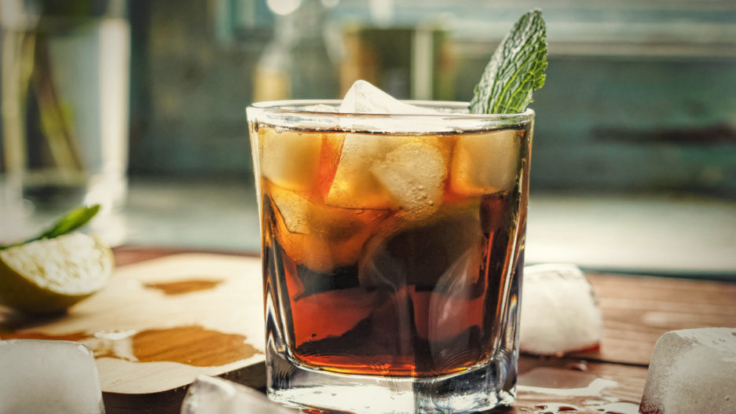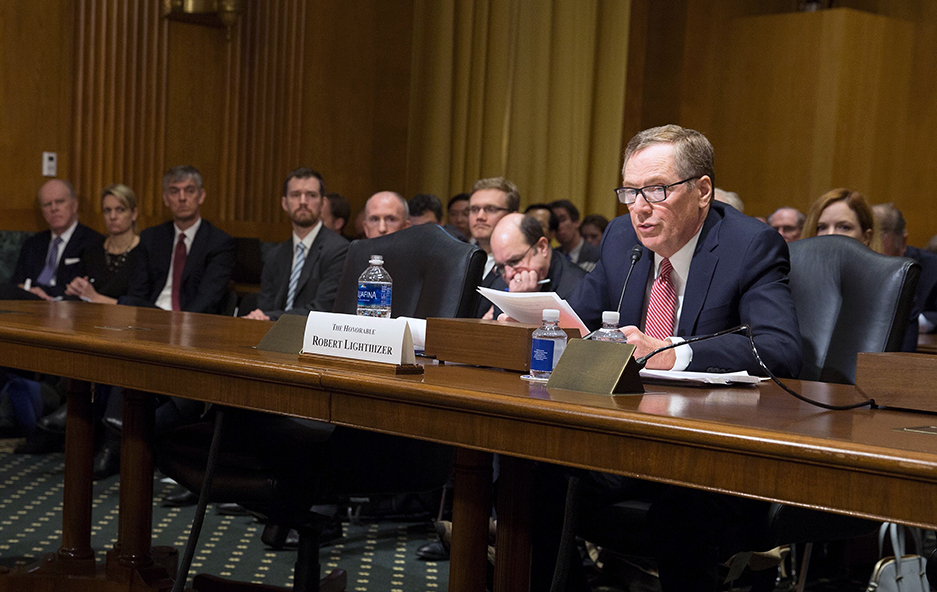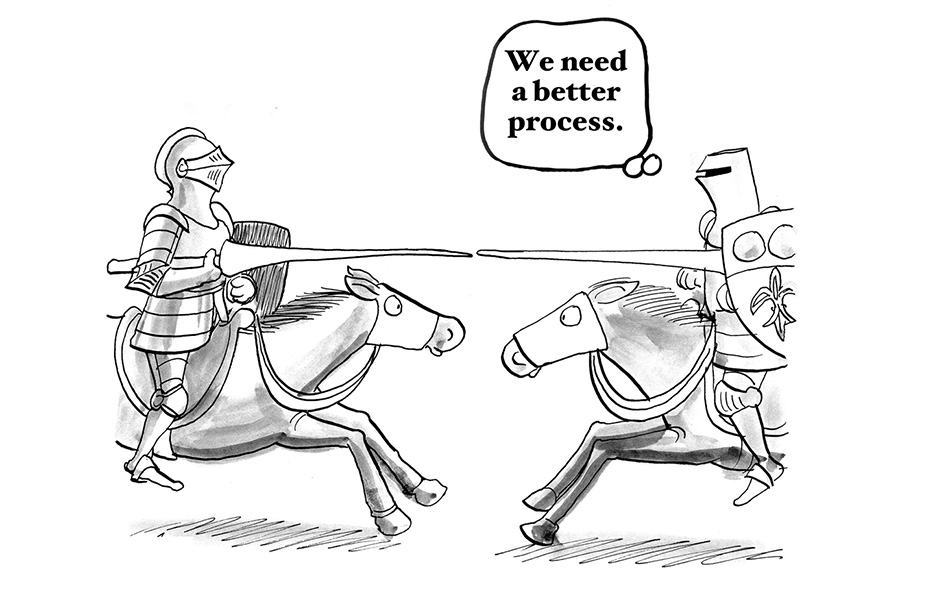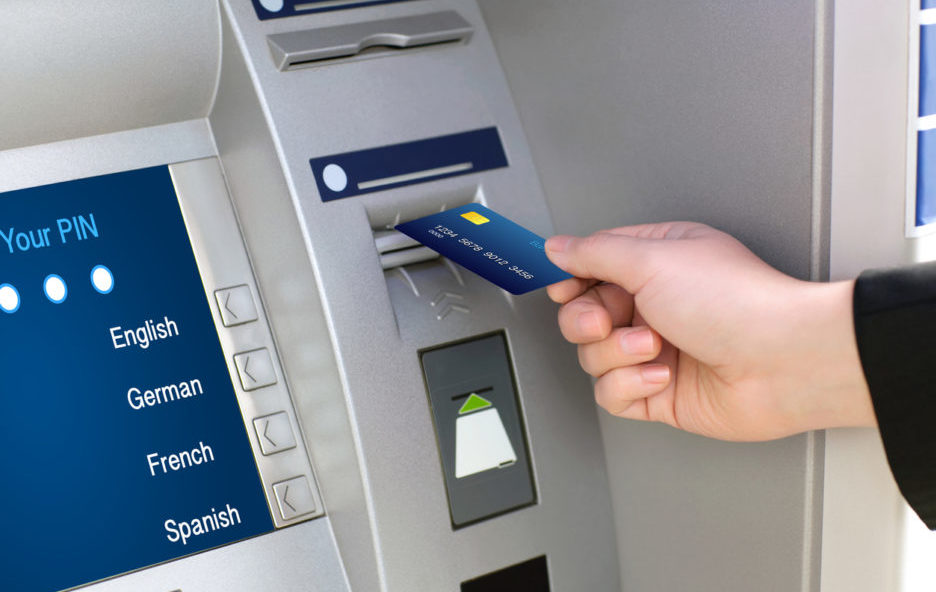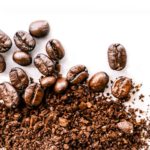Havana Club With a Twist of Trade
The Trade Intrigue Behind Your Cuba Libre
Havana, Cuba evokes images of classic cars, the smell of hand-rolled Cuban cigars, and the taste of Cuban rum. Among the many casualties of the 1958 Cuban revolution was the clear rights to Havana Club rum, which has been tied up in a decades-long trade dispute involving the United States, Cuba, and the European Union. The iconic brand is the subject of a fierce push-and-pull between a state-run Cuban liquor company, its European partner Pernod Ricard, and Bacardi, the largest spirits company in the world. Both groups produce and sell what they claim to be authentic versions of the rum, a contention caught up in geopolitical wrangling, trade embargoes, and complex litigation.
Fermentation – Origins of the Dispute
Two iconic liquor companies were born in Cuba in the latter half of the 1800s. Facundo Bacardi created the eponymous Bacardi brand that would become a household-name. Jose Arechabala founded the company that created the Havana Club brand in 1934. Arechabala sold Havana Club rum in Cuba and in the United States until 1960 when his company was nationalized by Fidel Castro’s government. Bacardi would be taken over by the Castro regime shortly thereafter, though the company had already set up operations outside of Cuba. Arechabala fled to Miami, still in control of a U.S. trademark for the original Havana Club brand.
No longer producing rum, the Arechabala family let the trademark for Havana Club lapse in 1974. Three years later, the Cuban government registered the trademark in the United States through its state-run entity Cubaexport, despite the fact that the U.S. embargo blocked exports of nearly all products from Cuba to the United States. Meanwhile, Bacardi, headquartered in Bermuda, continued to produce spirits out of facilities in Mexico and Puerto Rico.
Distillation – Bacardi and Pernod Ricard Don’t Mix Well
Still owning the U.S. trademark to the Havana Club brand formerly controlled by the Arechabala family, the Cuban government entered into a joint venture in 1933 with Pernod Ricard, a European wine and spirits global heavyweight, to sell Havana Club made in Cuba around the world. One year later, Bacardi sought out the Arechabala family and purchased the Havana Club recipe from them. A massive spirits company in its own right, Bacardi also applied for the U.S. trademark for Havana Club but was rejected.
Since the mid-1990s, Bacradi and Pernod Ricard have engaged in a multi-front war over the Havana Club brand. The stakes are high. Pernod Ricard touts its Havana Club as “the world’s No. 3 international rum brand,” selling 4.6 million cases of its Havana Club worldwide – even without access to the U.S. market. Meanwhile, Bacardi has embarked on multiple campaigns to sell its own version in the United States of the Havana Club (that it makes in Puerto Rico), despite not owning the Havana Club trademark. By the middle of the decade, Pernod Ricard sued Bacardi in U.S. court and came away largely successful.
Enter the U.S. Congress and, soon thereafter, the World Trade Organization. In the late 1990s, Bacardi successfully lobbied Senator Connie Mack (R-FL) to secure a last-minute addition, dubbed the “Bacardi Act,” into the Omnibus Appropriations Act of 1998. Found in Section 211 of the law, the Bacardi Act prevents the U.S. government from granting trademarks connected with businesses or assets that were confiscated by the Cuban government without the consent of the person whose assets were confiscated. It also prevents U.S. courts from recognizing or enforcing such trademarks.
The European Union in 1999, brought a challenge in the World Trade Organization (WTO) to Section 211 as it applied to the domestic litigation between Pernod Ricard and Bacardi. In 2002, the law was faulted by the WTO for violating the WTO’s core national treatment and most-favored nation principles.
Aging and Blending – Which Club Will the U.S. Join?
Successive U.S. administrations have opted not to comply with the 2002 WTO ruling, resulting in a strange legal purgatory for all parties. Cuba and the European Union have opted not to retaliate against the United States over its breach of WTO rules, despite Cuban officials having threatened in the past to invalidate U.S. trademarks on the island.
In 2016, the Obama administration provided Pernod Ricard and Cubaexport some positive news when it decided to renew their ownership of the Havana Club trademark for ten years through a narrow process not covered by Section 211.
Regardless, the U.S. embargo against Cuba remains the ultimate obstacle to Cubaexport and Pernod Ricard’s Havana Club entering the U.S. market. While the Obama administration began to ease the embargo, the Trump administration has reversed course. Lifting the embargo altogether would require an act of Congress, something that doesn’t seem imminent. So for now, the U.S. rum drink you’ll stick your paper umbrella will likely contain Bacardi’s version of Havana Club.


